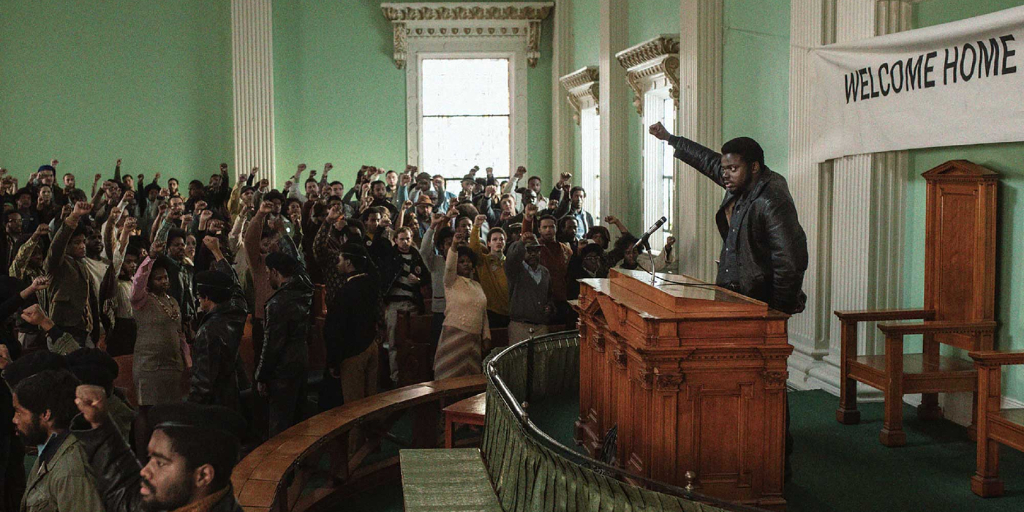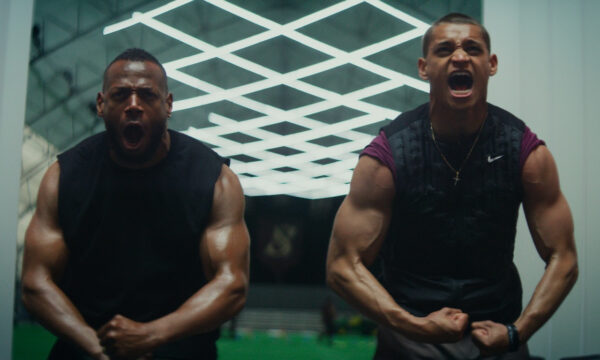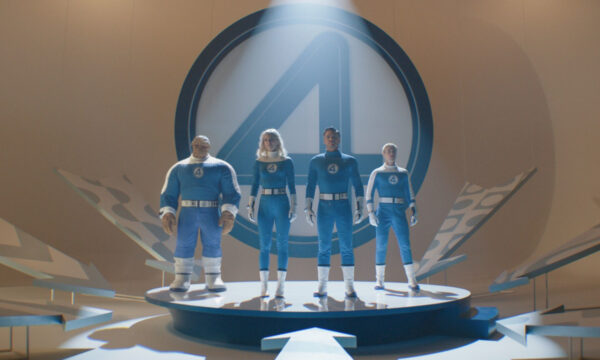Judas and the Black Messiah, and the Cultural Impact of the Black Panther Party

Set to be released in select cinemas on 12th February (as well as HBO Max in the US), Judas and the Black Messiah tells a story largely forgotten by history. In the late 1960s, petty criminal William O’Neal (Lakeith Stanfield) is forced by the FBI to infiltrate the Black Panther Party, with the intention of taking down the chairman of its Illinois chapter, Fred Hampton (Daniel Kaluuya) – a goal that would eventually lead to Hampton’s assassination.
But, despite this horrific murder, Hampton and the Black Panthers live on through their work; their cultural impact is evident to this day. In an effort to investigate and celebrate this influence, the creatives behind Judas and the Black Messiah organised a “Virtual Summit”, bringing together the cast and crew of the film, as well as leading contemporary activists. The conference discussed the legacy of Hampton’s movement, and how the world still feels echoes of the Panthers, 60 years on.
For star Daniel Kaluuya, it was Hampton’s young age that stood out to followers: “In the film we see kids educate kids, and build a rainbow coalition in the process.” At only 21 when he was assassinated, Hampton’s relative youth encouraged other young people to engage with politics, to demand that their society hear and recognise them. As Marshall Hatch Jr (a young Black educator and activist) concurs, “Chairman Fred was 21! Like him, we have to be intentional in educating ourselves; others aren’t going to do it for us”.
Indeed, throughout the BLM protests that have defined 2020, it has been young people who have led the march against systemic racism – like Hampton, they didn’t let their youth dissuade their activism. Inasmuch, the filmmakers posit this as a cultural impact of Hampton’s Black Panthers: it moved young people into a movement.
But perhaps the biggest cultural impact of the Black Panther Party is one that is less tangible. For the film’s co-writer and director Shaka King, the group’s greatest influence was its most subtle. “I was watching a True Detective the other day,” he explains, “and there was a scene where Matthew McConaughey beats up a witness. I realised this is why Grand Juries won’t indict: this kind of violence by cops has been normalised, it’s in the media we consume. But we now have the chance to shift these narratives. We normalised cops abusing people, so let’s normalise revolutionary love, like the Panthers did. I would love for this movie to help bring in the climate where seeing a Fred Hampton movie doesn’t mean a biopic, but something of a different genre.”
An ambitious blend of undercover thriller and celebratory biopic (King describes the film as “The Departed meets The Conformist”), Judas and the Black Messiah does just what King envisages. “It’s also a romance film, and an ensemble film – this movie is so much more than just a biopic,” he promises. Moreover, his hopes were affirmed when Mother Akua, Hampton’s widow and a key character in the movie, revealed that it wasn’t the tension or the politics of the film that won her over – it was the love. “When I saw Daniel [Kaluuya] and Dominique [Fishback] in the movie… I realised how much I missed the love and camaraderie. That’s what being a Black Panther was truly about: love.”
Unfortunately, if recent events indicate anything it’s that this love isn’t yet felt on a wider, societal level. Watching the news only reveals that systemic racism is prevalent to this day, despite the tireless martyrdom of individuals like Fred Hampton. Nevertheless, the cultural impact of the Black Panthers brings society one step closer to racial justice, and the cultural impact of Judas and the Black Messiah could be one step closer still.
Samuel Nicholls
Judas and the Black Messiah is released digitally on 12th February 2021. For further information or to watch visit here.
To read more reviews and coverage from Sundance 2021 visit here.
Watch the trailer for Judas and the Black Messiah here:


























Facebook
Twitter
Instagram
YouTube
RSS